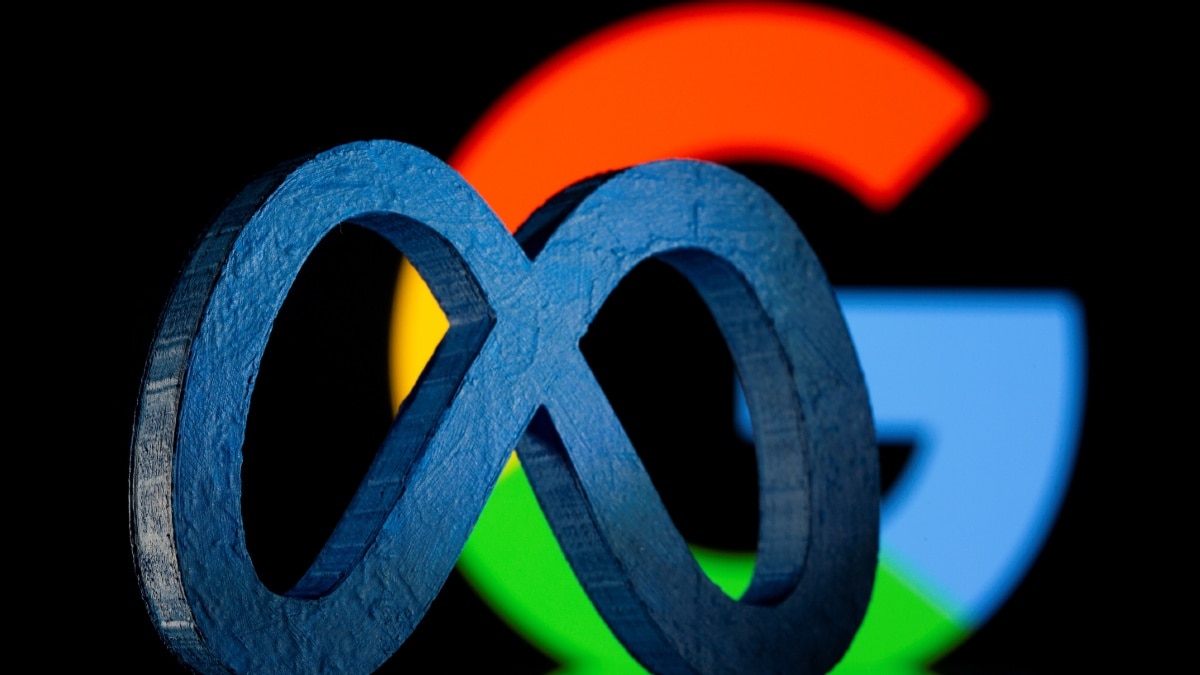The Seattle Public School District filed a lawsuit against Big Tech, alleging that the companies are responsible for a worsening mental health crisis among students and are directly affecting schools’ ability to fulfill their educational mission.
The complaint was filed on Friday alphabet inc, Meta Platforms Inc., Snap Inc. and tick tock-Owners ByteDance in US District Court claimed they intentionally designed their products to engage young people on their platforms and caused a mental health crisis.
In statements emailed to Reuters Google said it has invested heavily in creating safer experiences for children on its platforms and has “implemented strong safeguards and dedicated features to prioritize their well-being,” while Snap said it is working closely with many mental health organizations to To provide app tools and resources to users and that the well-being of its community is a top priority.
Meta Platforms and TikTok did not immediately respond to Reuters’ request for comment. In the past, companies have stated that they aim to create a pleasant experience for users, exclude harmful content, and invest in moderation and content controls.
The lawsuit states that the companies’ actions were a major factor in creating an adolescent mental health crisis.
“The defendants successfully preyed on the vulnerable brains of youth and engaged tens of millions of students across the country in positive feedback loops of overuse and abuse of the defendants’ social media platforms,” the lawsuit reads.
Students with mental health problems perform worse, prompting schools to take action including training teachers to recognize and address such symptoms, hiring trained staff, and creating additional resources to warn students about the dangers of social media , according to the complaint.
The lawsuit seeks monetary damages and other penalties.
In 2021, US lawmakers accused Facebook CEO Mark Zuckerberg of pushing for higher profits at the expense of children’s mental health after whistleblower Frances Haugen testified. Facebook has consistently said it contradicts Haugen’s characterization that the company has failed to protect teenage girls on Instagram.
“The argument that we intentionally promote content that infuriates people to make a profit is deeply illogical,” he posted in response on his Facebook page. “We make money from ads, and advertisers keep telling us they don’t want their ads next to harmful or angry content. And I don’t know of any tech company that aims to make products that make people angry or depressed.”
Join us for the latest from the Consumer Electronics Show on Gadgets 360 CES 2023 hub.





